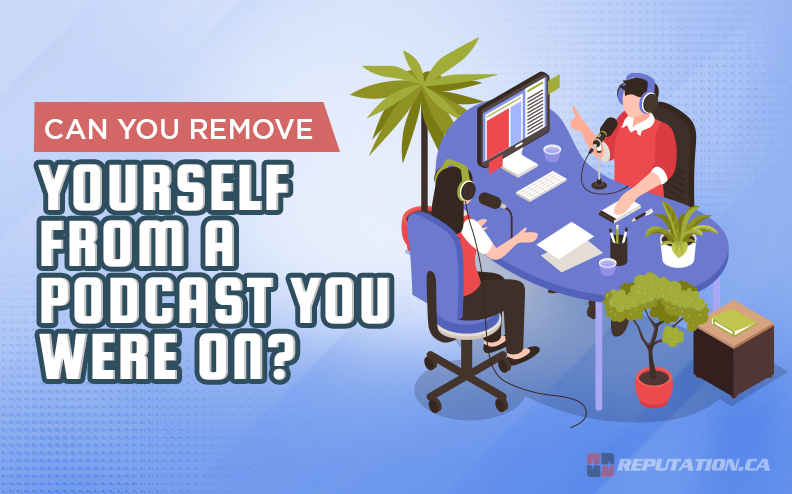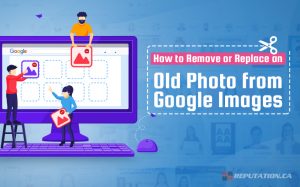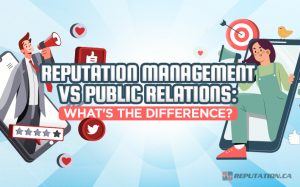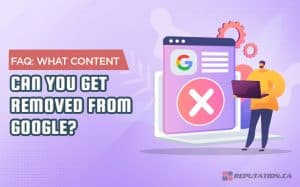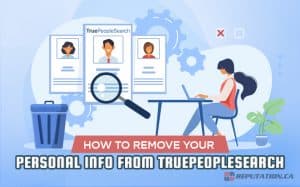Today’s society is so fast-paced that sitting around and reading a newspaper or watching one of the local news channels is too time-consuming. The same principle applies to recreational topics and activities that require intense focus to enjoy. Once upon a time, there were only a few ways to learn more about current events or understand a new topic. That has since changed thanks to the Internet and mobile devices that allow us to stay connected virtually anywhere.
People have taken to reading online articles and blogs or watching videos on websites like YouTube. While these have become popular sources of rapid news coverage and entertainment, there is another resource people use to immerse themselves without having to look at the screen. Podcasts have become exceptionally popular in today’s society due to their ability to inform and entertain with minimal physical investment.
Podcasts are usually free and accessible via several applications designed specifically for podcasts, though some are also available on YouTube and other streaming sites. In addition to being convenient and informative, podcasts provide opportunities for people to present their knowledge to a public forum as invited speakers.
Being invited to speak on a podcast is usually an incredible opportunity to expand your normal audience. Unfortunately, it can backfire if the podcast presents you in a poor light or the studio is discovered to be disreputable. As a result, knowing whether you can remove a podcast in which you were featured might be important information to have beforehand.
What Are Podcasts?
If you have already been invited to speak on a podcast, you already know the answer to this question. If you have been invited to one but are unfamiliar with the medium, it is worth noting that podcasts are primarily an audio medium.
The concept first came to light in 2004 when Ben Hammersley first coined the term. Hammersley was a career journalist who wrote columns for The Guardian and worked for the British Broadcasting Corporation (BBC). Hammersley first created the term while writing an article for The Guardian, and the term is a portmanteau of “iPod” (which was used to play these audio segments) and “broadcast.”
The term gained traction with other journalists and online entities before Apple Inc. officially introduced the medium as a separate category on their iTunes marketplace. Since then, podcasts have become a common medium for people to explain current events and broach various topics.
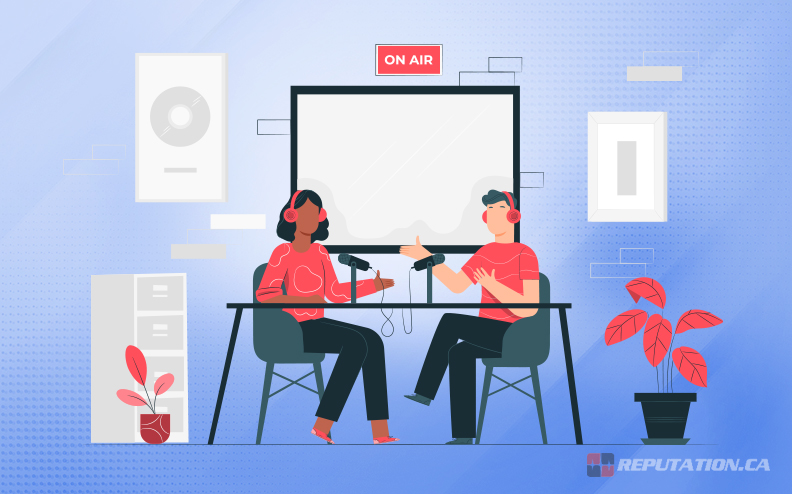
Podcasts are readily available for download online, and the more notable series can be purchased through applications like iTunes or Google Play. Most podcasts are free, though some demand a small price earned through popularity and reliability. Podcasts typically consist of one or more recurring hosts who discuss the topic of the week, be it current events, entertainment news, or relaying life stories.
Some podcasts are made by lifelong political commentators and focus on political discourse, like The Joe Rogan Experience or The Ben Shapiro Show, whose hosts are Joe Rogan and Ben Shapiro, respectively. Others are made by entertainers, like Distractible, an entertainment-focused podcast co-hosted by popular YouTubers Mark Fischbach (Markiplier), Wade Barnes (LordMinion777), and Bob Muyskens (muyskerm).
Hundreds, if not thousands, of podcasts are available, and most follow a routine to keep their original fans. Occasionally, podcast hosts invite guests and engage in discourse with them or have them lead the podcast on a topic where the guest is well-versed. Depending on the podcast, your commentary could reach tens of millions of listeners. This is usually good, but sometimes the podcast backfires, and you could take a hit on your reputation. Therefore, it might be in your best interest to remove the episode you were featured in.
Did You Sign a Waiver?
Most professionally funded podcasts have legal procedures to protect the host and the studio. These provisions ensure the podcast has little to no liability should an episode discuss sensitive topics or reveal information that might have been private. Insofar as guests are concerned, most studios require them to sign a waiver before they are permitted to appear on the podcast.
These waivers, better known as podcast release forms, vary by studio but ultimately have the same core function. These forms protect the studio and hosts from guests who want to have the episode taken down or want to be paid due to how the episode affected the podcast’s brand. Some people see the podcast’s success and want to pursue payment because of their “contribution” to its success. Alternatively, they might claim the podcast was edited to make them look bad and demand the episode be removed over defamation.
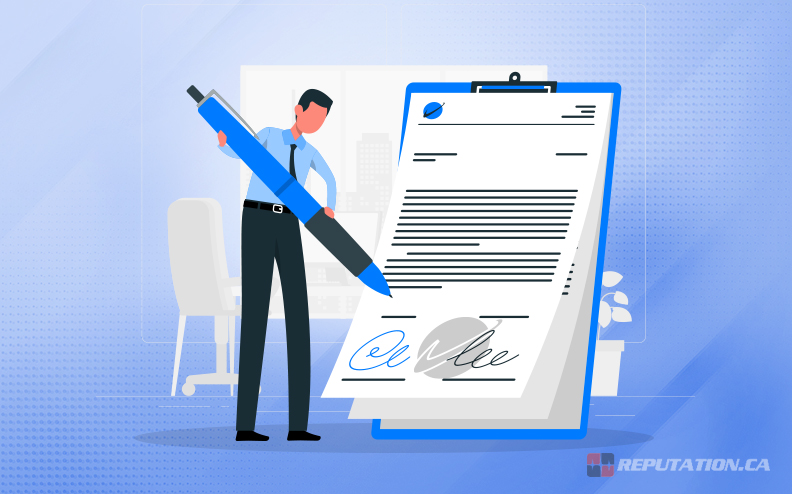
The release form ensures that the guest understands the studio’s rights, prevents them from requesting payment beyond what was previously agreed (if any payment was issued), and protects them from defamation claims. The release makes it almost impossible for a lawsuit to be filed against them by the guest if the latter feels misrepresented. There are always exceptions if the podcast was deliberately designed to railroad the guest with the intent of defaming them.
However, most forms make it impossible to simply demand the podcast’s removal and limit your legal options. Typically, these waivers are standard enough that people sign them without reading them all through. Unfortunately, this can cause you to sign away certain rights that protect you from defamation if the podcast’s creators are particularly underhanded.
While a waiver might prevent you from using more aggressive tactics, not all podcast studios use them. Even those that do might be willing to take the episode down if you ask them or compensate them appropriately. The problem is that the decision is ultimately theirs despite your role in the episode’s creation. Therefore, you must consider alternatives to get podcast episodes removed in situations where you signed their release.
How to Convince Them
Having a podcast episode taken down, even without the waiver, can be extremely difficult since most studios are unwilling to remove content generating revenue or traffic. Fortunately, some studios are more sympathetic to their podcast’s effect on your reputation. In rare cases, they might willingly remove the episode at your request due to your concerns.
Most of the time, they are more interested in maintaining their content and will not remove the episode without a good reason. Furthermore, they might not view your reputation as a major concern compared to their content schedule. Removing an episode of a podcast sets the studio back in terms of finances and time, which are invaluable to any self-respecting studio. Sometimes, you might have to compensate the studio to remove the episode so they can recoup their losses.
Paying to remove the episode is usually only required by studios that had you sign a waiver before it went live. That said, studios without the waiver might still request compensation to recover their lost expenses for creating the episode. Even if the podcast does not charge for its episodes, substantial production costs can account for tens of thousands of dollars depending on length and staff.
Requesting that they remove the episode means those expenses were for nothing, hence the request for compensation from the studio. Alternatively, you might succeed in requesting the episode’s removal another way. As mentioned, some studios are more sympathetic and might respond to a genuine request to remove the episode if it harms your livelihood.
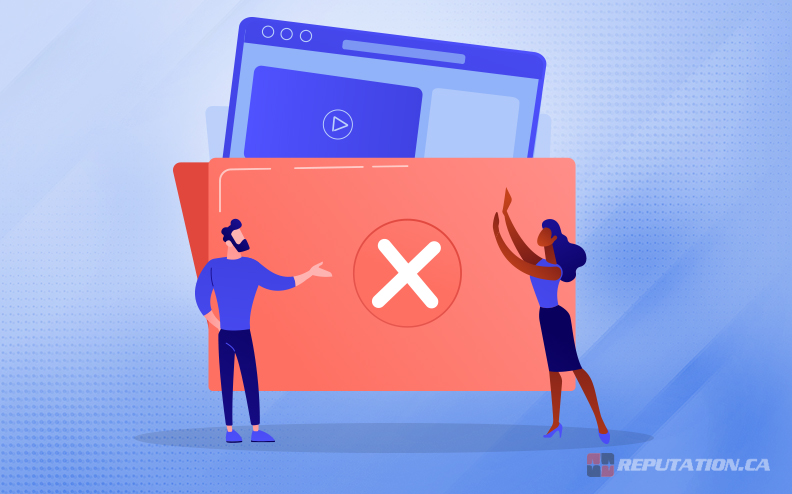
While reputational damage is seldom the concern of a studio, they might have to consider your request if you never signed a waiver. Even accidental reputational damage caused by a podcast could be grounds for defamation charges they might want to avoid. Unfortunately, plenty of studios will put up a fight even without a waiver, which might force you to make a drastic call. In extreme cases, you might have grounds to file a lawsuit against the studio for misrepresenting or defaming you in their content.
If you repeatedly attempt to remove the content on the grounds of defamation or other reputational harm and they refuse, they willingly engage in the alleged act. If there is no waiver protecting them from these allegations, the studio is at risk of having the content removed forcibly and compensating you through a civil claim.
Most of the time, the threat of a lawsuit is sufficient to get an unprotected studio to remove the content to avoid legal action. Insofar as protected studios are concerned, their waivers usually ensure the ability to sue them is limited. The waiver usually outlines what they are allowed to do with the content, and once you sign, you have agreed to their terms. The situation changes when they actively try to defame you while using their content as a medium. They are likely violating their waiver if they recorded a podcast with you as a guest and intentionally edited it to misrepresent you.
No waivers enable podcasts or other media to defame their guests or subjects, so you might have a slight chance of filing a lawsuit over genuine defamation. This is especially true if their efforts are hindering your ability to work. Unfortunately, you must have the waiver examined by a legal expert to determine how viable your case is.
If there are no methods to remove the episode, you might have to find an alternative method to protect your reputation from the podcast’s effects. Fortunately, there is another method that can help reduce traffic to that particular episode and protect your reputation from its implications.
Outrank the Results
While the longstanding listeners of a podcast series are almost certain to find the episode in question, you can limit how many new listeners it gets. People who search for podcasts or information about a certain topic almost always default to the Google search engine to find what they are looking for.
Google’s algorithm is designed to optimize the search results according to the keywords the user entered and the most relevant and recent information. If someone looks you up and the podcast episode features your name or business in the title, it will likely appear close to the top of the results. Fortunately, you can bury it beneath other results using Google’s algorithm. The keywords used in any Google search (or any other search engine) look for results that share those terms.
Therefore, if you know the most relevant keywords to your industry, you can tweak the results by incorporating them into the content you make yourself. This process is called search engine optimization (SEO) and will prioritize the results that share the keywords over anything else.

One major benefit is that podcasts are limited to their titles to use SEO, so it is easy to outrank them by generating more content with those keywords. You can use blog posts or host articles on your website to skew the results in your favor and optimize them to bury the podcast episode.
This can limit the damage long enough for you to make a larger public relations address to counteract the implications of the podcast. Unfortunately, this task can be overwhelming unless you have a dedicated public relations team to manage your reputation on your behalf. Sometimes, this can be cost-prohibitive, but there is an alternative if you cannot sustain an in-house team.
Take Your Reputation Back!
Podcasts can be informative, entertaining, and convenient for people who live fast-paced lifestyles. As a result, they are only becoming more popular with modern adults who have to prioritize their careers over entertainment. Being invited to speak on one of these podcasts can be beneficial, but if the studio twists what you say or edits the podcast to make you look bad, it can devastate your reputation.
Removing a podcast episode is far from easy, but it can be done depending on the circumstances. In situations where it cannot, preemptively protecting your reputation is essential. The problem is that you might not have the resources or manpower to handle it in-house.
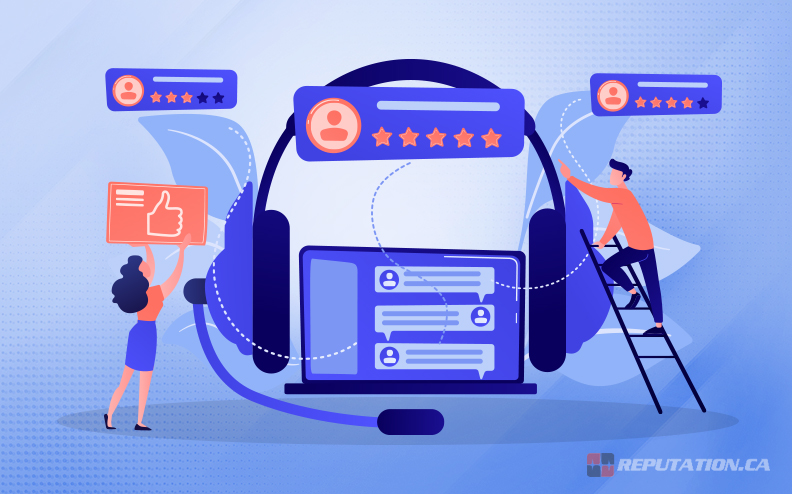
We at Reputation understand how valuable your public image is, so we are dedicated to protecting it. We offer comprehensive reputation management services and can issue takedown requests on your behalf. If the takedown request is not an option, we also specialize in SEO optimization practices to bury harmful results. There are no shortcuts when it comes to your public image, so visit our website and take your reputation back!




